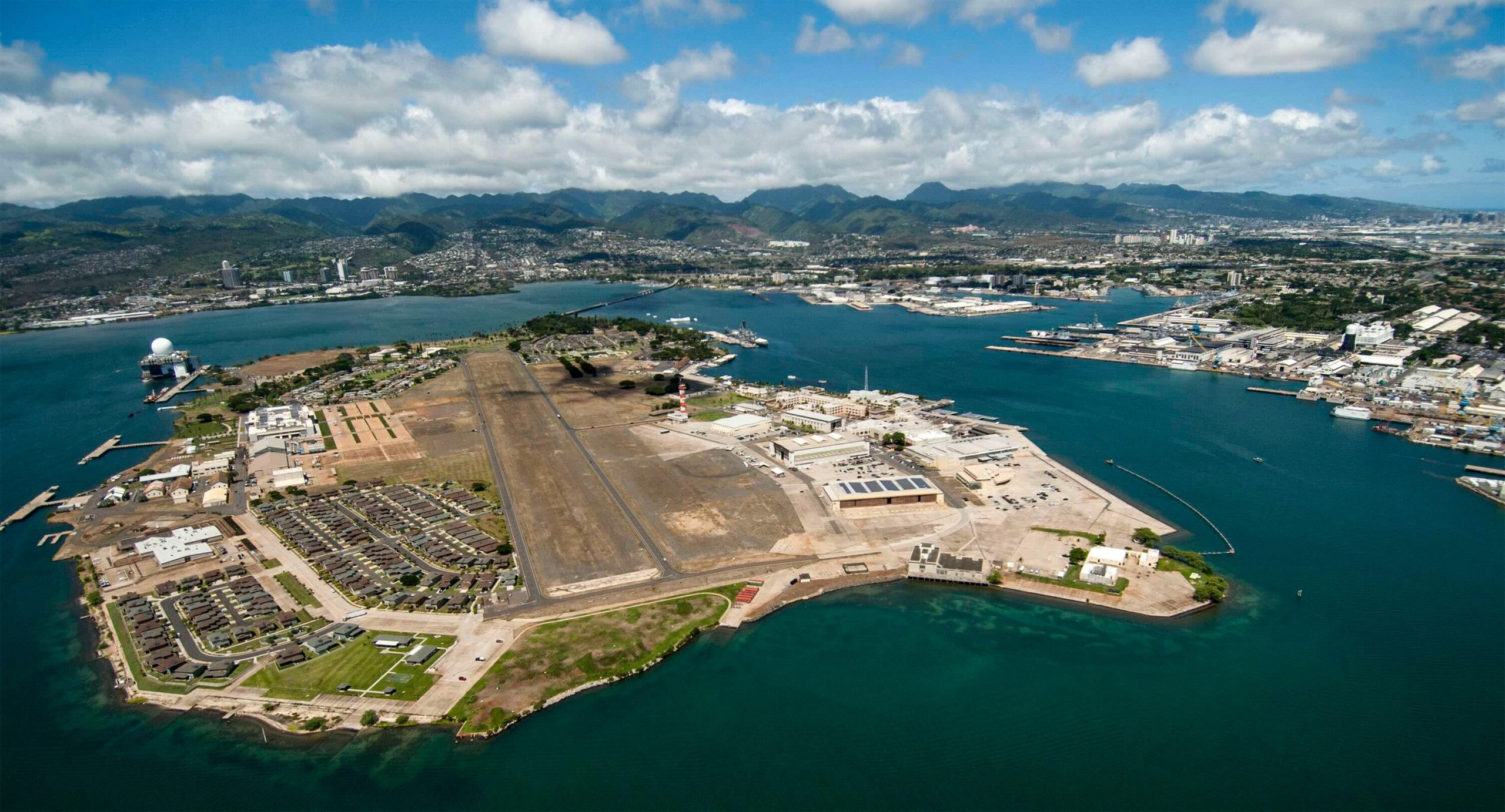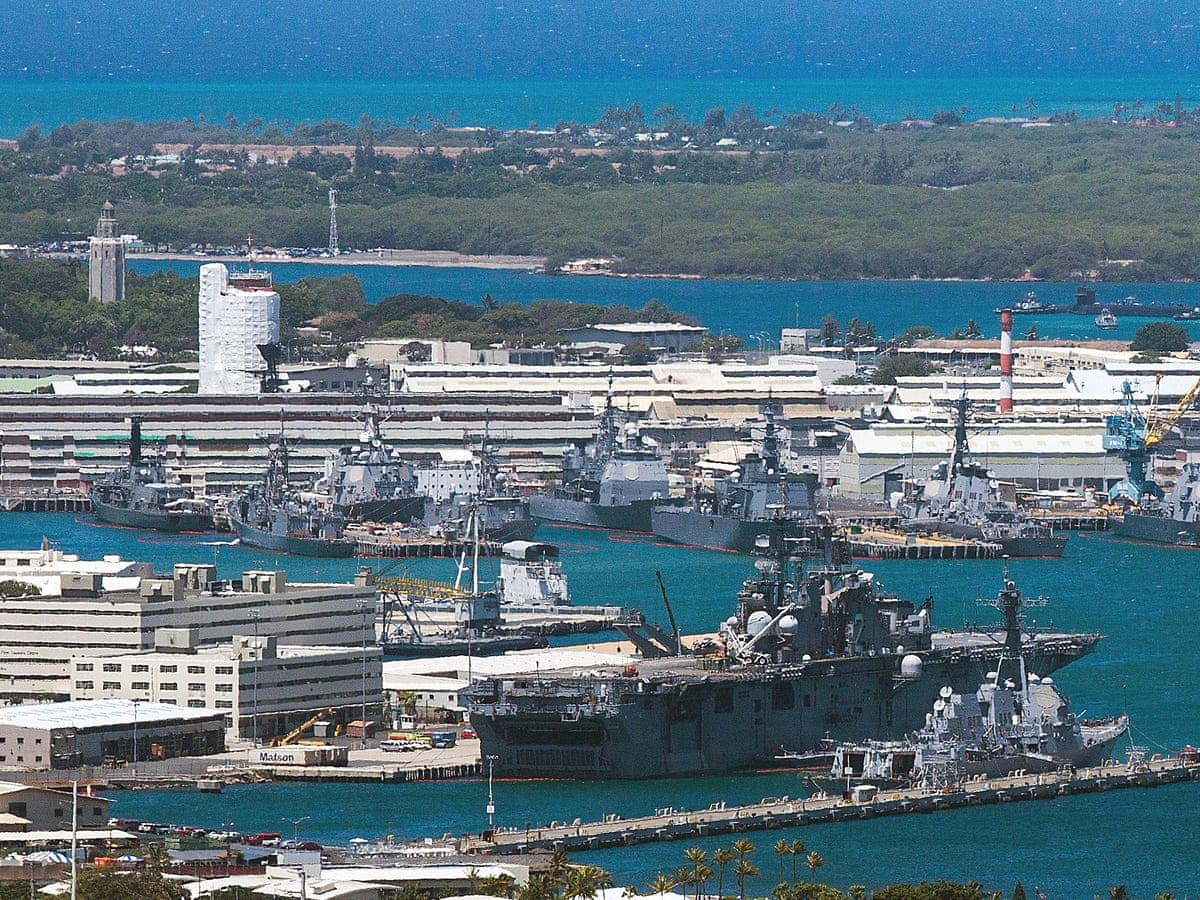The repercussions of a fuel spill near the drinking water system at Pearl Harbor in Hawaii has left military families feeling betrayed by Navy leadership. The spill, which occurred close to the well supplying drinking water for 93,000 people on and around the base, resulted in jet fuel contamination of the water supply.
Despite initial assurances from Navy officials that the water was safe, residents began noticing a problem after about a week. Reports of fuel odor and sheen in the water prompted concerns, but the Navy continued to insist that the water was safe, even as residents experienced symptoms such as sickness, vertigo, and swollen tonsils.

Eventually, more comprehensive tests confirmed the presence of jet fuel in the water, leading to the military moving thousands of families to hotels and setting up medical tents for those affected. However, the long-term health impacts of ingesting jet fuel remain unclear.
The incident raised questions about accountability within the Navy, with critics pointing to failures in response and leadership. While the Navy apologized for the spill, some families have filed lawsuits alleging negligence and seeking accountability and long-term care for those impacted.

The incident at Pearl Harbor highlights the importance of transparency, accountability, and ensuring the safety of military families, who sacrifice much for their service to the nation.


